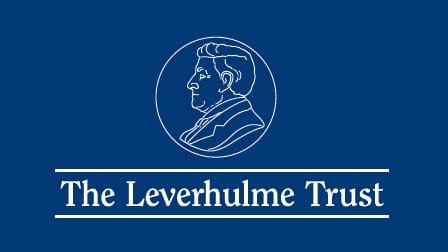
The Research Grants programme seeks to build our collective knowledge and deepen our understanding of the impact of arts and culture and to promote greater collaboration and co-operation between the arts and cultural sector and research partners.
The lead applicant must be an arts or cultural organisation based in England, with experience in delivering relevant programmes. Companies, charities, trusts and statutory bodies may apply. Applications must be made in collaboration with an England-based partner experienced in delivering a high standard of research. Consortia may also apply. The arts and/or cultural organisation must be the lead organisation.
Five key areas or themes of interest have been identified: cultural impact, economic impact, impact on education, impact on health and wellbeing and impact on society.
Projects may include but are not limited to, primary and/or secondary data analyses; psychological studies that take place in clinical or non-clinical settings; third-party evaluations of an arts project or programme’s value and impact; statistically-driven meta-analyses of existing research so as to provide a fresh understanding of the value and/or impact of the arts and culture; practice-based research; action-based research projects and comparative studies of the effectiveness and efficacy of an arts and cultural intervention/activity compared to or complementing other interventions/activity.
Actions must take place between 1 June 2015 and 31 March 2018.
A total of £700,000 is available for 2015-16, with indicative budgets of £900,000 available for 2016-17 and 2017-18. Applications can be made for grants between £50,000 and £100,000 per year.
Deadline: Thursday 12 March 2015
For more information go to: http://www.artscouncil.org.uk/funding/apply-funding/apply-for-funding/research-grants-programme-2015-18/#sthash.6wa8fgXc.dpuf





![1586[1]](http://blogs.staffs.ac.uk/research/files/2014/01/15861.jpg)


